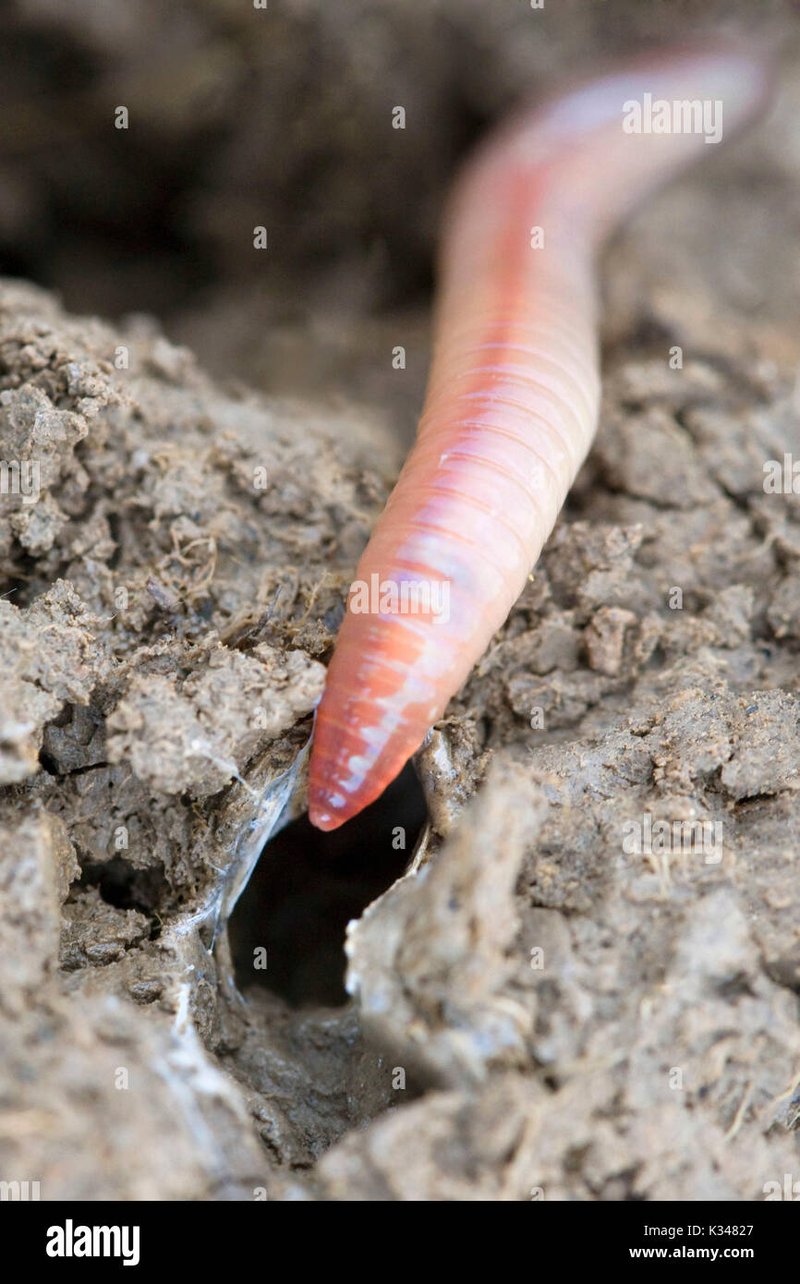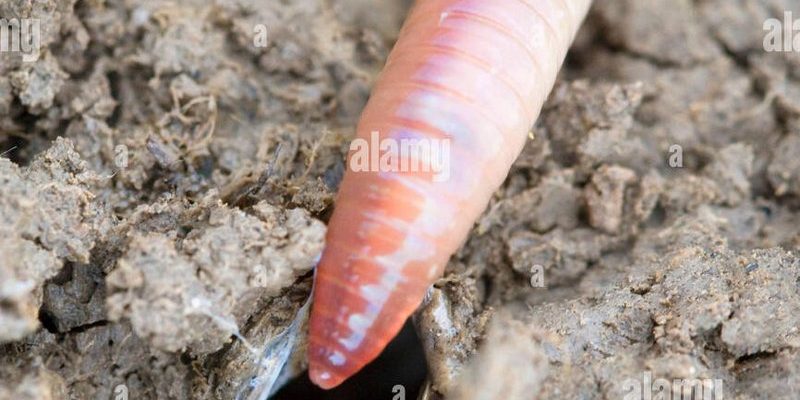
Earthworms are like nature’s gardeners, and their tunnels play a crucial role in creating healthy soil. By moving through the earth, they break up compacted soil, allow air and water to penetrate, and even help decompose organic matter. If you’ve got a garden, earthworm activity can lead to healthier plants and better yields. But what exactly happens in those tunnels, and how does all of this tie back to soil structure? Let me explain.
What Are Earthworm Tunnels?
Earthworm tunnels, sometimes called burrows, are the pathways created by earthworms as they wiggle through the soil. You might think of these tunnels as tiny highways, allowing earthworms to travel, feed, and breathe. As they make their way through the earth, they leave behind these channels, which can range in size depending on the species of earthworm and the composition of the soil.
These tunnels serve multiple purposes. Firstly, they improve **soil aeration**. Just like how we need to breathe clean air, plants need oxygen in their soil too. When earthworms create tunnels, they make it easier for air to reach the roots of plants. Secondly, these burrows enhance **water drainage**. Imagine if every time it rained, your yard turned into a swamp. Earthworms help prevent that by allowing excess water to flow through the soil rather than pooling on top.
How Earthworms Enhance Soil Structure
Soil structure refers to how soil particles bond together and how they organize themselves into aggregates or clumps. Earthworms play a significant role in this process. When they consume organic matter, like leaves and dead plants, they break it down and mix it with soil. This action creates a rich, nutrient-dense material known as **humus**.
Humus is vital because it not only provides nutrients for plants but also improves soil structure. It makes soil more **sticky**, allowing it to hold onto moisture while still allowing for drainage. Also, earthworm castings—what we like to call worm poop—are packed with nutrients and beneficial microorganisms. These castings act as a natural fertilizer, giving your plants the boost they need without any harsh chemicals.
The Benefits of Earthworm Activity in Gardens
If you’re a gardener, embracing earthworms can be one of the best decisions you make. Here’s why:
- Improved Nutrient Availability: Earthworms break down organic material and release nutrients in forms that plants can easily uptake.
- Enhanced Soil Fertility: The castings of earthworms contain essential nutrients like nitrogen, phosphorous, and potassium, often at higher concentrations than the surrounding soil.
- Better Soil Drainage: Their burrows can reduce soil compaction, making it easier for plant roots to grow and helping to manage water flow.
- Increased Microbial Activity: Earthworm activity increases the number of beneficial microorganisms. These microbes work with plants to improve soil health.
You might be wondering how to encourage more earthworms in your garden. One great way is to integrate composting into your routine. Not only does compost provide a nutrient-rich addition to the soil, but it also attracts earthworms, creating a win-win situation for your garden.
The Role of Soil Organic Matter
Soil organic matter (SOM) is a key player in soil health. It comprises plant remains, animal residues, and the products of microbial activity. Earthworms help break down these materials, which increases the overall SOM in the soil.
Here’s the thing: a rich layer of organic matter enhances soil structure, improving its ability to hold water and air. Think about a sponge. A well-structured soil can hold onto moisture while still allowing excess water to drain away. This balance is crucial, especially in drought situations where every drop counts.
Without sufficient organic matter, soil can become compacted and lifeless. Earthworms can be the heroes of your garden, transforming barren patches into thriving ecosystems.
Types of Earthworms and Their Burrowing Habits
Not all earthworms are created equal. They come in various types, each with unique burrowing habits that affect soil differently. Here are three main types:
- Surface-dwelling earthworms: These earthworms, like the common nightcrawler, live near the soil surface. They create shallow burrows, which help aerate the upper layers of soil.
- Subsurface earthworms: These species dig deeper into the soil, forming channels that can reach several feet down. Their burrows improve drainage and allow plants to access deeper water sources.
- Anecic earthworms: These are the big guys, often visible in gardens. They create vertical burrows and pull organic matter from the surface into their tunnels, enriching the soil.
Each type of earthworm contributes to soil health in different ways, making it essential to have a mix of species in your garden or farmland.
Challenges to Earthworm Populations
While earthworms are an essential part of a healthy ecosystem, they face their share of challenges. Changes in land use, pesticide application, and soil compaction can harm their populations.
If you’re a gardener or farmer, consider these factors regularly:
- Pesticides: Using chemicals can harm not just earthworms, but also the beneficial microorganisms they rely on. Look for organic gardening methods whenever possible.
- Soil Compaction: Heavy machinery can crush earthworm habitats. If you’re working on your land, try to minimize heavy foot traffic or equipment use on wet soil.
- Monoculture Planting: Growing the same crop year after year can diminish soil health and earthworm populations. Rotate your crops to maintain balance.
By paying attention to these challenges, you can create a healthier environment for earthworms and, in turn, ensure your soil remains vibrant and productive.
Understanding earthworm tunnels and soil structure reveals the intricate relationships that exist in our environment. These little creatures are more than just squiggly worms; they’re vital to maintaining a healthy ecosystem. By promoting earthworm activity in our gardens and fields, we can improve soil health, enhance plant growth, and create a more sustainable future.
So, the next time you’re in your garden, take a moment to appreciate the busy work happening beneath your feet. Embrace the worms; they’re quietly doing wonders for your soil. If you nurture this underground friendship, you’ll reap the benefits for years to come.

